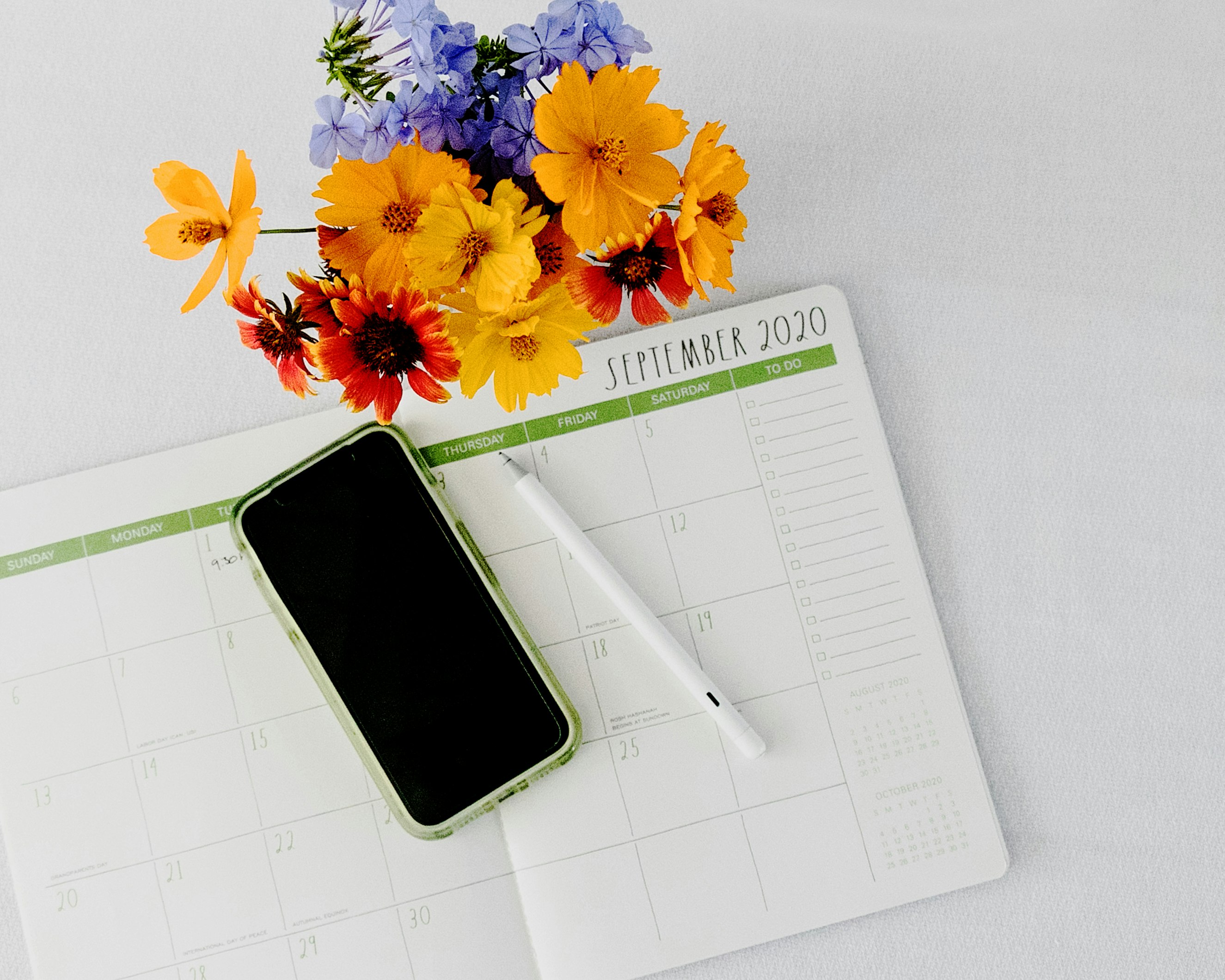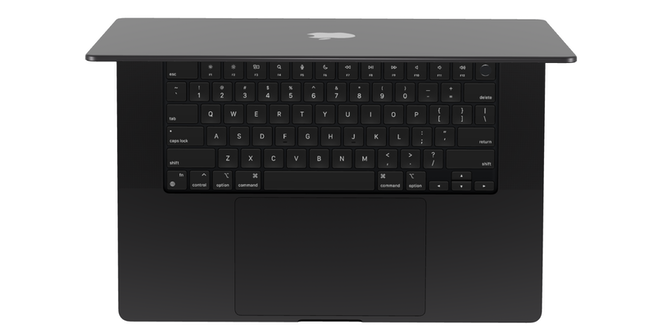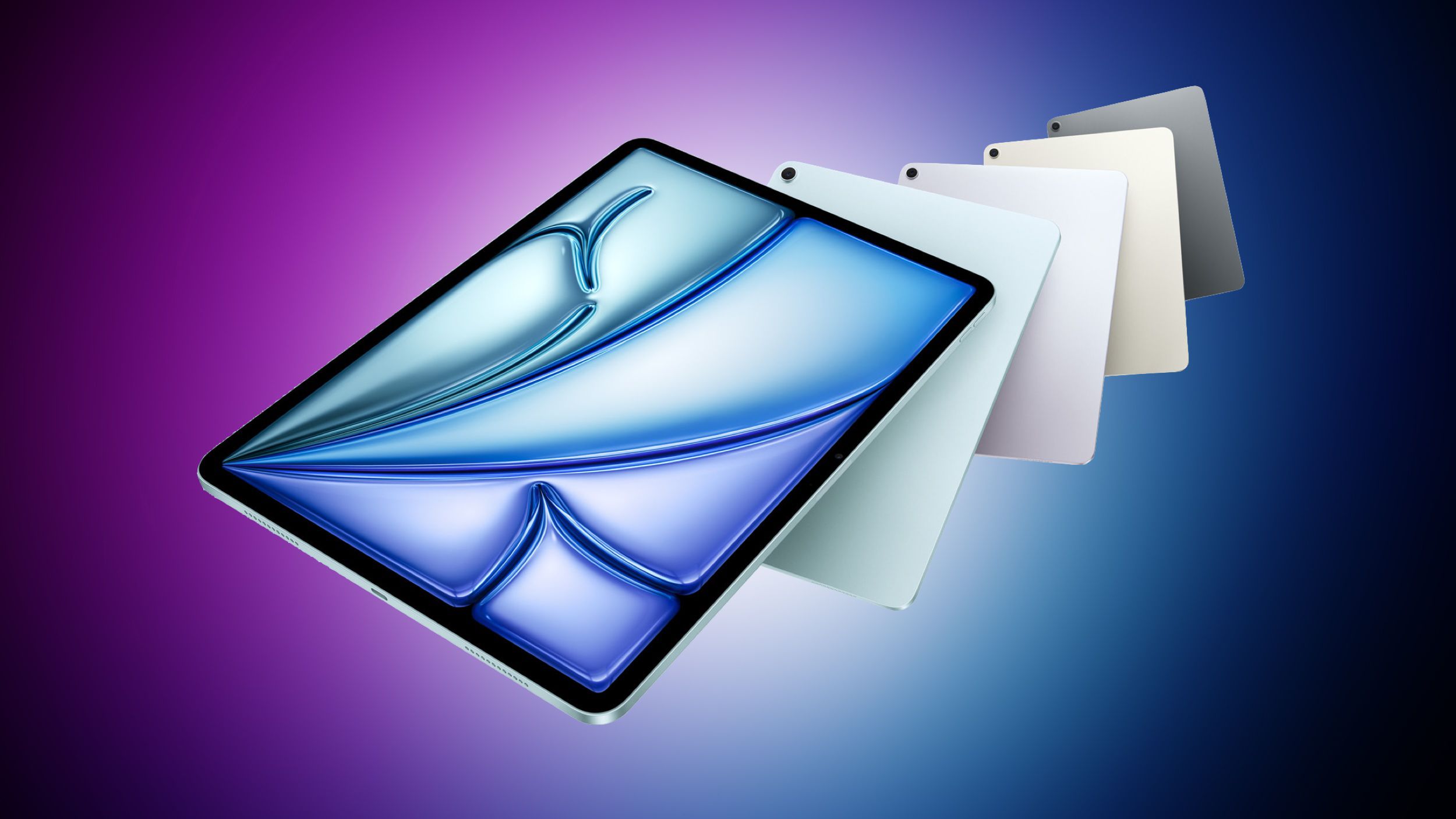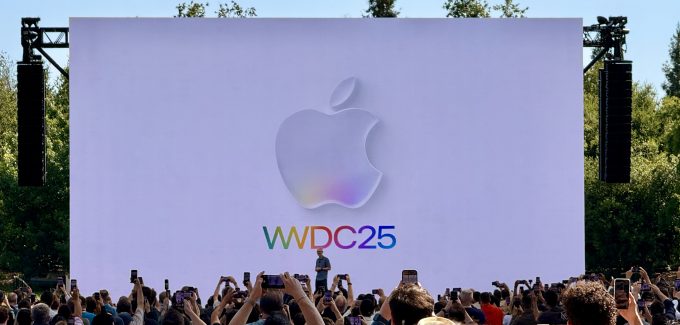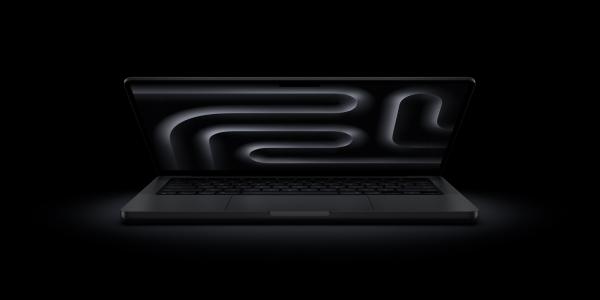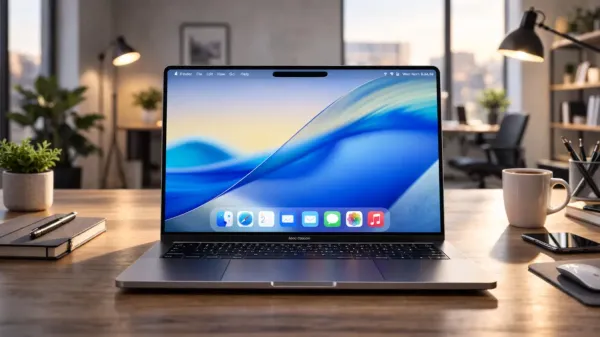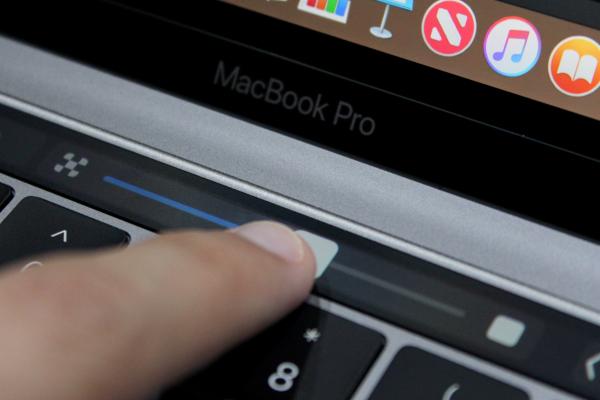There's nothing wrong with dropping and cracking your brand-new expensive iPhone.Still, in 2024, when we talk about protecting your iPhone, we're usually not talking about keeping it physically safe from drops and scratches. What we're actually talking about is safeguarding the data inside.
With so much personal information stored on your device, using the right software can help you avoid falling victim to cyber threats, prying eyes, or even accidental data loss. From securing your browsing habits to managing your passwords and protecting your online conversations, here's what you should do to keep your iPhone safe.
-
VPN
When you use a VPN, your IP address stays hidden from prying eyes. This means websites and anyone else on the same network can't see your actual location or track you. It's like giving yourself an invisibility cloak online, keeping your data secure from potential threats.
A VPN adds an extra layer of encryption to your internet connection. It's not just about hiding your IP; it also scrambles your data. So, even if someone tries to intercept it, they won't be able to make sense of anything. This boosts your overall security in a big way.
Public Wi-Fi networks, like those in coffee shops, are notoriously risky. However, using a VPN ensures that your connection is safe, even when you're on these unsecured networks. You can browse, shop, or check your bank account without worrying about someone snooping on you.
A VPN can also help you bypass geographical restrictions. Let's say you're traveling abroad and want to watch your favorite show on a blocked streaming service in that region. A VPN lets you switch your virtual location and access content as if you were back home.
Now, VPNs are completely legal to use in the UK; the only exception (not even a real exception) is the fact that if you use them to watch geo-restricted content on some platforms, the platform can interpret this as a violation of your user agreement.
In other words, they can block your account. If, on the other hand, you just worry about cybersecurity, all you have to do is look for the best UK VPNs for online privacy and pick one that's the most to your liking.
-
Antivirus software
An antivirus scans your iPhone for harmful malware and viruses. You never know what might sneak in through a shady website or suspicious email attachment. With regular scans, the software spots these threats before they can cause damage, keeping your phone running smoothly and securely.
Phishing emails and fake websites are everywhere, trying to trick you into giving up personal info. Antivirus software protects you by identifying and blocking these fraudulent attempts. Moreover, it can alert you to fall into these traps, helping you avoid scams.
Antivirus software doesn't just scan on command; it works in real-time. This means that as soon as a threat appears, the software is on it, ready to neutralize the danger. It's like having a security guard on duty 24/7, always looking out for anything suspicious.
Some websites are designed to install malware the second you visit them. However, with antivirus protection, you're warned before you even land on these sites. It's another layer of defense that keeps you from accidentally stumbling onto dangerous corners of the web.
-
Password manager
Let's face it: creating a new, strong password for every account is exhausting. That's where a password manager comes in. It generates complex passwords for you, so you don't have to rely on easy-to-guess ones. You also won't be tempted to reuse the same password everywhere.
A password manager does more than just create passwords; it stores them securely, too. You don't have to worry about remembering them all or jotting them down somewhere unsafe. Everything is encrypted, and only you can access it with a master password, which keeps your accounts locked down.
No more typing in long passwords every time you log into an account. A password manager will auto-fill your login credentials, making it easier and faster to access your apps and websites. It saves time and makes the process smoother while still keeping things secure.
One of the best parts of using a password manager is that it syncs across all your devices. This is especially handy for those who just bought their iPhone 16 Pro and want to move from an older version to this new one. Also, whether you're logging in from your iPhone, iPad, or even your laptop, you'll have access to your passwords wherever you go.
-
Ad blocker
Ad blockers are great for cutting out those annoying ads that pop up while you're browsing. You see, these ads disrupt your experience and can also be a gateway for malicious content. By blocking them, you avoid potential risks and keep your browsing clean.
Many ads track your activity online to target you with more ads later. However, with an ad blocker, you can prevent this tracking. It keeps advertisers from collecting your data, so you can browse more privately without feeling like you're constantly being watched.
Ads often slow down web pages by taking up bandwidth. Blocking them can actually speed up your browsing experience. Pages load faster, and you won't be waiting around for annoying video ads to finish playing before you can see the content you want.
Streaming ads and loading big images or videos can eat up your data. An ad blocker helps you reduce your data usage by preventing these elements from loading in the first place. This is especially useful if you're on a limited data plan and trying to save on your usage.
-
2FA apps
Two-factor authentication (2FA) apps give you an extra layer of security by requiring two forms of identification to access your accounts. So, even if someone can guess your password, they'll still need that second form of verification, significantly reducing the risk of hacking.
The beauty of 2FA apps is that they integrate seamlessly with most online services and accounts. You see, it's not hard to set up, and once you do, you'll feel a lot more secure knowing that your accounts have this additional protection.
2FA apps often generate unique codes or send them via SMS for you to use during login. In fact, roughly 55.96% of parties use SMS as their preferred MFA method. It's a quick step that greatly enhances security. Moreover, the codes change constantly, so even if someone sees it once, they won't be able to use it again.
By adding this second step, 2FA apps drastically reduce the chances of someone gaining unauthorized access to your accounts. Even if a hacker gets your password, they're out of luck without that second piece of the puzzle, making it much harder for them to break in.
Ultimately, keeping your iPhone secure doesn't have to be complicated. It's not just about locking down your phone but about giving yourself peace of mind knowing your personal info is protected. Whether you're concerned about viruses, hackers, or data loss, these software choices will help you stay one step ahead.

